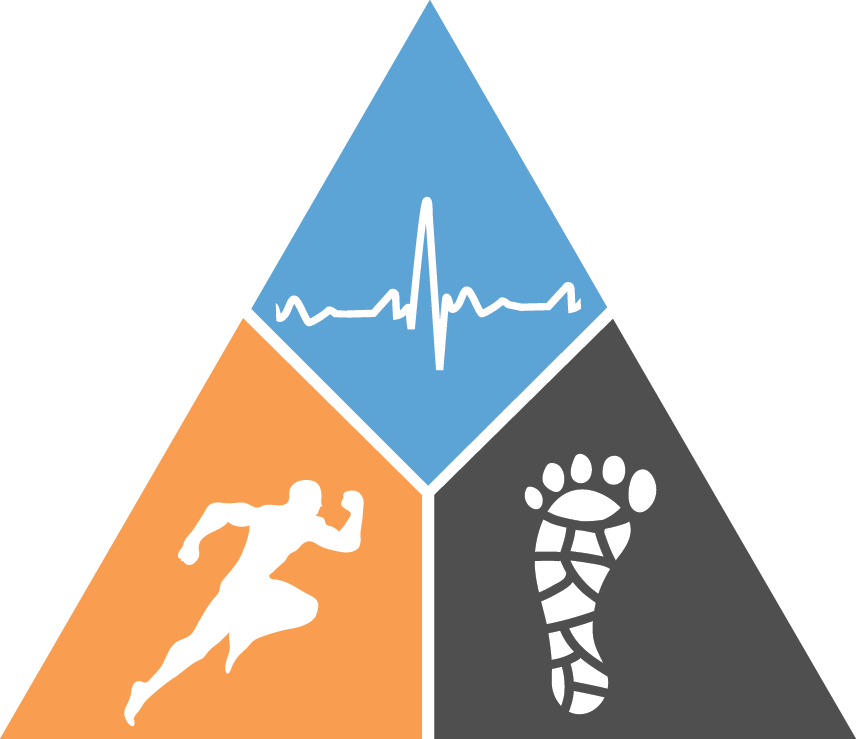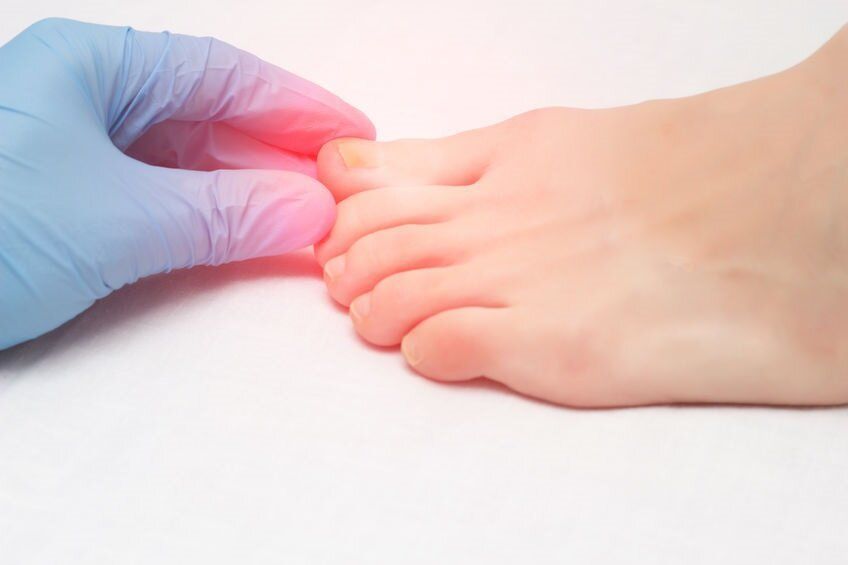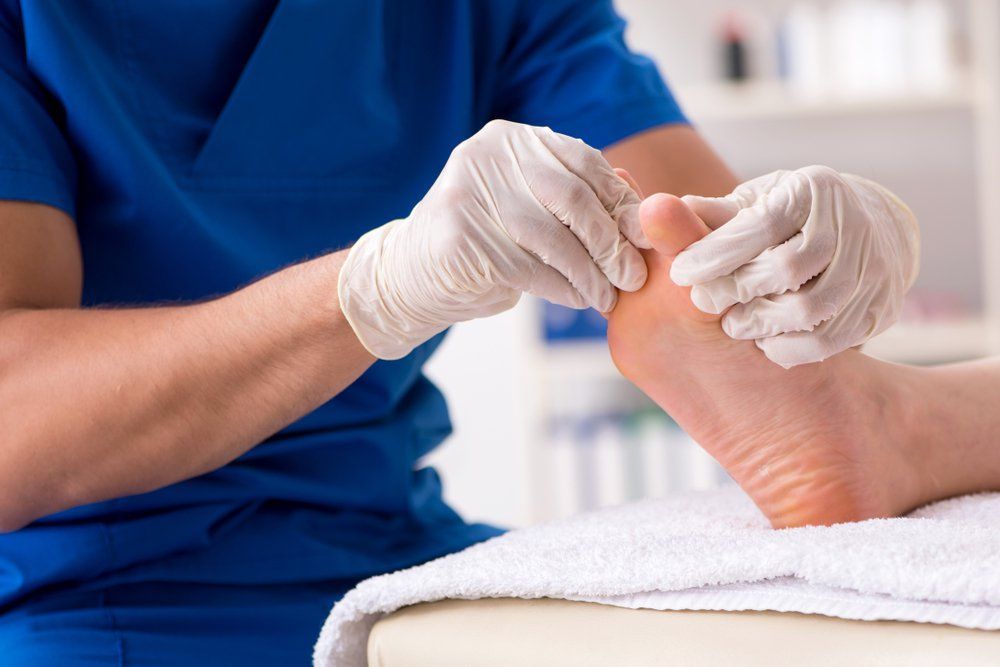Ingrown Toenails
Ingrown Toenail Podiatrist Gymea
Ingrown toenails can be a real pain - literally. If you've experienced the discomfort of an ingrown toenail, you know how it can impact your daily life. But fear not, because at Pinnacle Podiatry, we're here to provide you with expert care and get you back on your feet pain-free.
Stages of Ingrown Toenails
Ingrown toenails are more than just a nuisance; they can significantly impact your mobility and overall well-being. Understanding the stages of severity associated with ingrown toenails is crucial for timely intervention and effective treatment. Let's explore these stages in detail:
Moderate Ingrown Toenails
Progressing to the moderate stage, the symptoms become more pronounced. Pain intensifies, and you may observe increased redness and swelling. Pus or fluid discharge can also occur, indicating a potential infection that requires medical attention.
Severe Ingrown Toenails
The severe stage is characterised by persistent and intense pain, often accompanied by severe inflammation. Recurrent infections may occur, leading to complications such as abscess formation or tissue damage if left untreated. Chronic discomfort and difficulty with regular activities like walking are common in this stage.
What Is An Ingrown Toenail?
An ingrown toenail occurs when the edge of the toenail grows into the surrounding skin, leading to inflammation, pain, and potential infection. It's a common condition that can affect anyone, but certain factors can increase your risk. These include:
Improper nail trimming
Tight-fitting shoes
Genetics
Injury to the toe
Fungal infections
Ingrown Toenails in Children
Children's feet are in a constant state of growth, which can lead to shoes becoming too snug and exerting increased pressure on the toenails as their feet develop. This pressure is often amplified in active children participating in sports like soccer, ballet, netball, and football, where the toes endure greater stress. Additionally, teenagers are susceptible to ingrown toenails due to heightened oil and sweat production, which can soften the skin and make it more prone to breaking. At Pinnacle Podiatry, we recognise these unique factors and provide specialised care to alleviate discomfort and promote healthy foot development in children and teenagers.
Ingrown Toenail Treatments at Pinnacle Podiatry
Our team of experienced podiatrists at Pinnacle Podiatry takes a holistic approach to ingrown toenail treatment. We focus not only on alleviating your immediate symptoms but also on preventing future occurrences and promoting overall foot health.
Some Infected ingrown toenail treatment options we will discuss during your consultation can include:
Conservative Management:
We start with conservative approaches such as trimming the offending portion of nail, advising at home management and recommending footwear that reduces pressure on the toes.
Partial Nail Avulsion
In cases where conservative methods are insufficient, we perform a partial nail avulsion, removing the portion of the nail that is causing discomfort.
Nail Matrixectomy
For recurrent or severe ingrown toenails, we may recommend a nail matrixectomy, which involves permanently removing a portion of the nail matrix to prevent the ingrown nail from growing back.
Education and Prevention
We educate patients on proper nail care techniques, including how to trim nails straight across and avoid cutting them too short, to prevent future occurrences of ingrown toenails.
FAQS
Here are answers to some common questions about ingrown toenails.
Pinnacle Podiatry: Your Local General Podiatrist Near Me
Book an appointment with our expert
podiatrist Caringbah
or Gymea today! Whether you need routine foot and nail care or a personalised treatment plan, our team at Pinnacle Podiatry are here to support you on your foot health journey.




